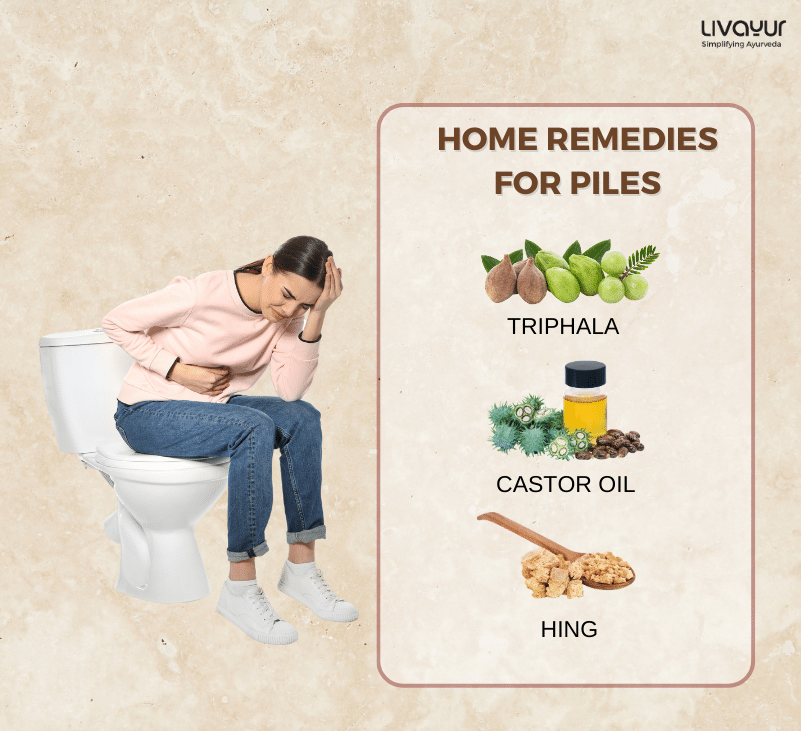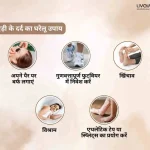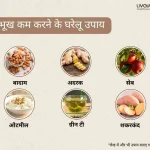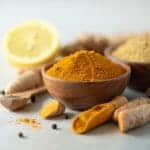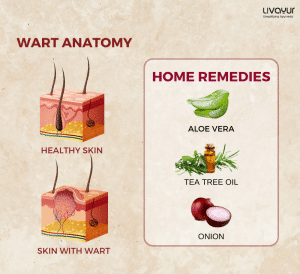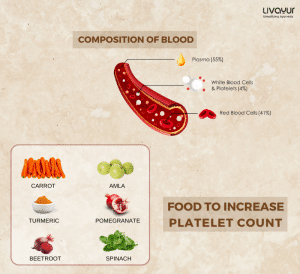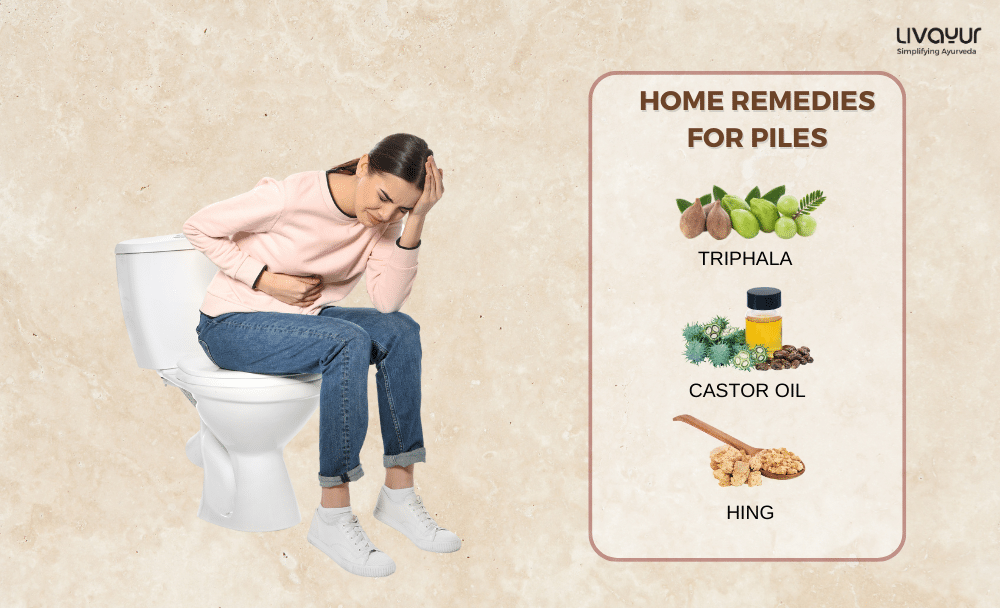
Are you suffering from Piles? If yes, then you have come to the right place.
Here is everything you need to know about treating piles the Ayurvedic way.
However, before we delve into the treatment of piles, let’s understand how Ayurveda views piles and what are its symptoms and types.
Piles in Ayurveda: A Glimpse
Piles, also known as haemorrhoids, are a disease that causes swollen veins around the anus and lower part of the rectum. In Ayurveda, they are called Arsha and are said to occur due to an imbalance in any or all of the three Doshas.
Symptoms of Piles
Some of the common signs and symptoms of piles include irritation and itching around the anus, blood in the stool, lump around the anus, painful bowel movements and leakage of stool. As soon as you observe one or some of these symptoms, you should consult a doctor immediately.
Types of Piles in Ayurveda
According to Ayurveda, an imbalance in all three Doshas can cause piles. Your dominant Dosha will determine the type and characteristics of the haemorrhoids you have.
- Vata-Dominant People: They tend to have black and rough piles with a high level of pain and constipation.
- Pitta-Dominant People: They usually experience bleeding and inflamed haemorrhoids with fever and diarrhoea.
- Kapha-Dominant People: They mostly experience poor digestion and have white, soft and slippery piles.
Also learn about the three doshas
Ayurvedic Treatments of Piles
There are many treatment options for piles in Ayurveda, such as:
Bhaishajya or Aushadhi Chikitsa
In this treatment, medicinal herbs are used to treat haemorrhoids. It is usually recommended for patients with minor or first-degree piles.
Kshara Karma
Kshara Karma involves the application of an alkaline paste to the piles through a device called a slit proctoscope. This paste helps to chemically cauterise the piles that may have been bleeding. In Ayurveda, Kshara Karma is considered the best treatment option for haemorrhoids.
Sastra Chikitsa
It is a surgical method in which piles are tied with a Kshara Sutra or a medicated thread. This thread stops the blood supply to the mass of veins, resulting in the shrinking and eventually death of the piles.
Agnikarma
This is a thermal cautery treatment used to remove external haemorrhoids. In this process, piles are exposed to infrared heat, causing them to get burned and eventually die.
Ayurvedic Home Remedies For Piles
Triphala
Poor digestion and constipation are often the causes of haemorrhoids. Therefore, Ayurveda recommends taking Triphala to enhance your digestion while treating piles.
Castor Oil
Rich in antioxidants, anti-inflammatory and antibacterial properties, castor oil helps reduce the size of piles and lower the pain you are experiencing.
Hing or Asafoetida
Hing helps to promote digestion and bowel movements. Hence, Ayurveda suggests adding Hing to all your foods if you have piles.
Turmeric
Powered with antibacterial and anti-inflammatory properties, turmeric helps reduce bleeding and prevent secondary microbial infection in piles. It also helps boost digestion, shrink piles, and reduce anal itching.
Guggul
Known for its anti-inflammatory properties, Guggul is considered one of the best herbs for piles. Its laxative and astringent properties further help remove toxins, relieve pain and balance Kapha Dosha in the body.
Ayurvedic Guidelines For People Suffering From Piles
Foods You Should Eat
If you have piles, cow milk, butter, buttermilk, wheat, ghee, rice and green vegetables are some of the healthiest foods for you. You should also include a good quantity of fibre-rich foods to treat constipation, such as salad, beans and lentils.
Food To Avoid
Avoid any food that can cause constipation. Some of the foods that Ayurveda recommends you to avoid include chillies, fried foods, refined wheat flour or Maida, non-vegetarian foods and paneer.
Water Intake in Piles
Increase your consumption of water and other fluids such as vegetable and fruit juices to regulate bowel movements and reduce constipation, which is one of the main causes of piles.
Physical Exercises for Piles
Leading a sedentary lifestyle can also cause haemorrhoids. Therefore, it is important to indulge in Yoga and other physical activities. Some of the best Yoga Asanas for piles are Talasana, Sarvangasana and Ustrasana.
Is Ayurveda Actually Effective in Treating Piles?
All the Ayurvedic treatments mentioned above have been found to be highly effective in treating piles. Kshara Karma, particularly, has cured many patients with haemorrhoids. One of the best parts about using Ayurvedic treatment is that there are no adverse side effects to the body. They also take less time to perform and are comparatively less painful.
The Final Takeaway
Ayurveda mentions many effective treatments for curing piles. There are also lifestyle and dietary regulations mentioned in Ayurveda to aid in the treatment of piles.
However, you must remember that piles are caused due to an imbalance in the Doshas. Therefore, even after the treatment, it is essential to maintain the balance of Doshas to avoid developing piles again.




